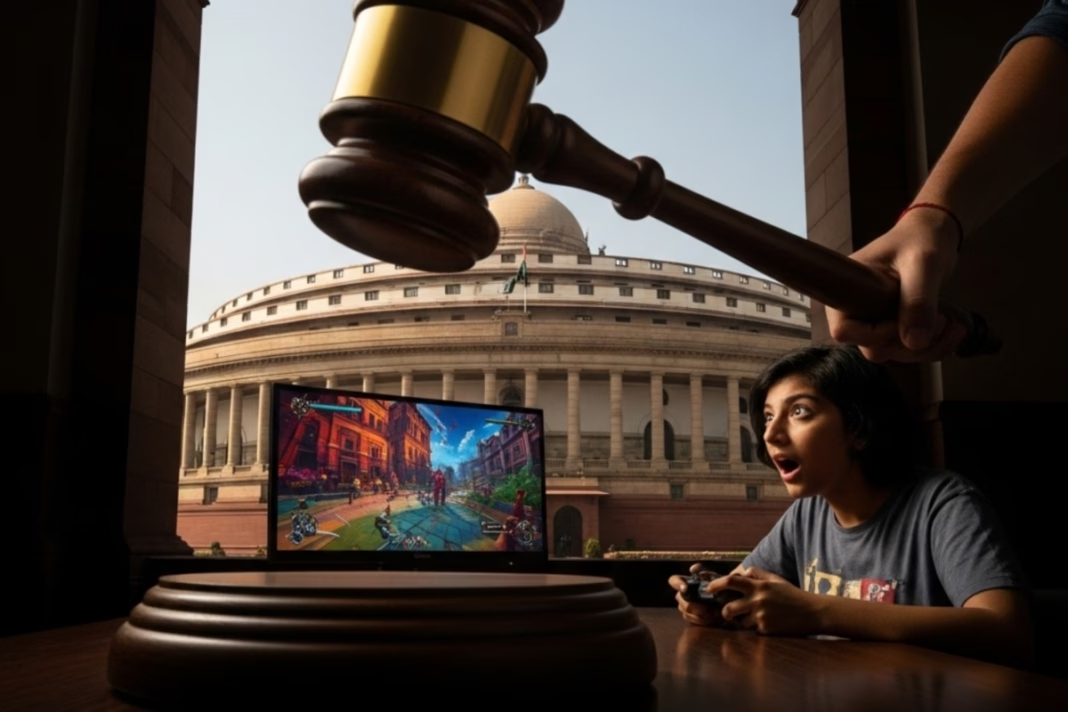India has taken a major step in regulating the fast-growing gaming industry. Parliament has passed the Promotion and Regulation of Online Gaming Bill, 2025, which puts a complete ban on real-money online games. The bill was cleared in the Lok Sabha on August 20 and in the Rajya Sabha on August 21, despite protests from some members.
The move aims to control addiction, financial losses, and fraud linked to money gaming. At the same time, esports and non-monetary skill-based games will remain legal and will now get official recognition.
DON'T MISS
What the Online Gaming Ban Means
The new law bans all real-money online games, advertisements, and financial transactions linked to them. Platforms that break the law could face penalties of up to Rs 1 crore or even three years in jail.
To manage the sector, a new central authority will be set up. It will handle licensing, classify games, protect users, and resolve complaints. This creates a clear national framework in place of the earlier confusing state-level rules.
Why The Government Supports Ban
Supporters of the bill believe it is necessary to protect young people and vulnerable groups. Union IT Minister Ashwini Vaishnaw compared gaming addiction to drugs and warned of “devastating consequences” if it remained unchecked.
According to him, rising cases of debt, fraud, and mental stress demanded urgent action. Backers of the move also say that for the first time, India now has a framework that separates esports and casual gaming from gambling-style money games.
Industry Worries Over Economic Fallout After Online Gaming Ban
Some argue that the online gaming ban could hit the economy hard. India’s real-money gaming industry was expected to reach US$3.6 billion by 2029, attracting heavy investments. Soon after the bill’s passage, shares of companies such as Delta Corp and Nazara Tech fell sharply.
Popular platforms like Dream11, Zupee, and MPL now face an uncertain future. Experts warn of job losses, startup shutdowns, and declining investor confidence. Some legal experts have also questioned whether the Centre has the power to impose such a ban, since gambling has traditionally been under state control.
The online gaming ban is a bold step that puts public safety before profits. It protects users and officially supports esports, but also risks major economic losses. Whether this bill becomes a protective shield or an expensive mistake will depend on how the industry and government adapt in the coming years.



